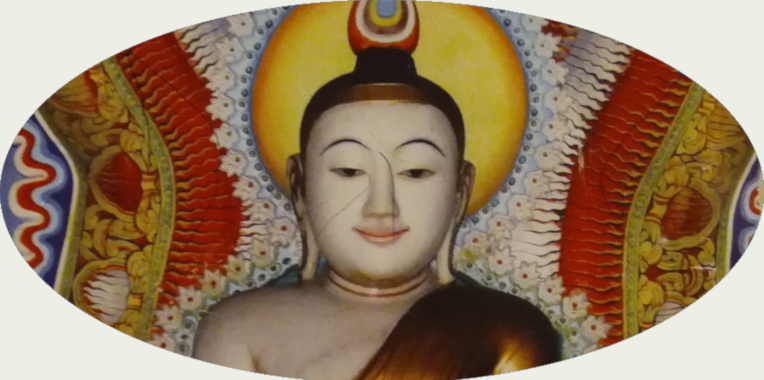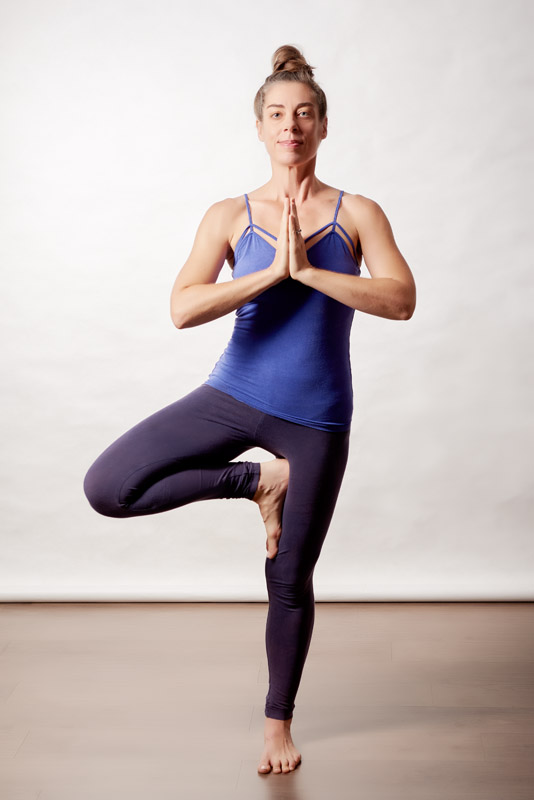




1. Private Lessons for Individuals:
Just like it sounds, it's you and me at your home, office, or yoga/fitness studio. The private lesson can explore a myriad of topics, it all depends on your needs: fundamentals of yoga, pre & post-natal yoga, recovering from an injury, how to start a meditation practice, or even just a well-rounded yoga sequence that gives you the feel of a group class within the privacy and comfort of your personal space, at a time that is most convenient for you.
Schedule your next private individual lesson
by email: kali.empl@gmail.com
Please contact me directly for pricing information.
2. Private Lessons for Groups:
Tailored specifically to the needs of your group, we can relax and unwind, or move and sweat! Yoga increases office productivity, decreases back pain, and increases team morale, communication and creativity. The private group session is also a great and cost-effective option for couples/partners who want to practice together in a private setting.
Schedule your next private group lesson
by email: kali.empl@gmail.com
Please contact me directly for pricing information.
